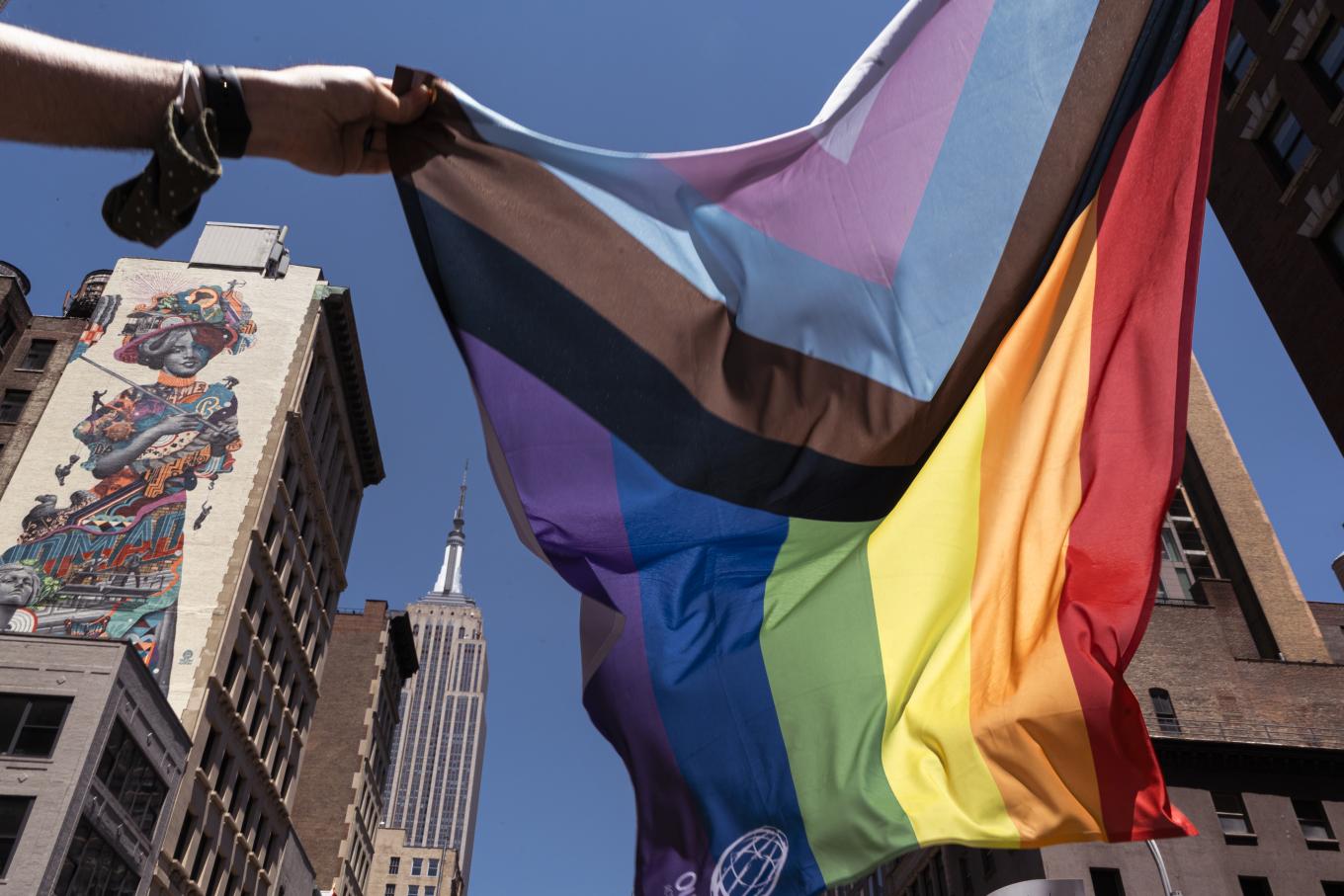
Country Overview
Ghana
At a glance
View more for this country:
Ghana bans same-sex relations under Section 104(1)(b) of the Criminal Offences Act of 1960. Although this law is rarely enforced, its existence legitimizes widespread antipathy towards LGBTIQ people and contributes to their harassment and extortion at the hands of authorities. Following a constitutional challenge to this colonial-era law, the court in 2024 declined to decriminalize same-sex intimacy in a ruling riddled with queerphobic language.
In February 2024, the Ghanaian Parliament passed the anti-LGBTQ “Human Sexual Rights and Ghanaian Family Values Bill.” Although the law does not specifically address intersex persons, there are reports of the murder of intersex infants, as well as bullying and other forms of violence against intersex children. The law faced challenges mounted in the court system, with a disappointing decision by the Supreme Court in December 2024 allowing the bill to proceed despite legitimate claims of its unconstitutionality. However, the then-president of Ghana, Nana Akufo-Addo, did not sign the bill, leaving the law in limbo and demonstrating the battles between the executive and judiciary branches regarding anti-LGBTIQ legislation. The new administration of John Mahama has sent mixed messages as to whether it will support this law. If enacted, the law will institute increased penalties for “aggravated homosexuality” and prohibit LGBTQ advocacy, allyship, and other acts, such as renting property to LGBTQ people.
*Outright research indicates that the bodily autonomy of intersex people is not respected and protected in this country.
Global Impact
Sub-Saharan Africa
Outright supports LGBTIQ organizations in Sub-Saharan Africa and works with mainstream human rights organizations to respect human rights and influence positive changes in laws, policies, attitudes and beliefs that cause discrimination against LGBTIQ people.
United Nations
Our work at the United Nations centers around advocating for the advancement of the rights of LGBTIQ people.
View this regionAsia
Our work in Asia promotes acceptance of sexual and gender diversity at all levels of society.
View this regionSouthwest Asia and North Africa
In the Southwest Asia and North Africa, we partner with local groups in various countries as part of our international solidarity work. We also work with our local partners on different topics through capacity building, advocacy, research and holistic security.
Europe and Central Asia
Outright International partners with activists to fight for an end to human rights violations based on sexual orientation, gender identity and gender expression in Europe and Central Asia, where most of our work involves emergency responses to harassment, discrimination, violence, and most recently, Russia’s brutal and expanded invasion of Ukraine.
Americas
Our work in the Americas continues to build on the fundamental and positive transformation of human rights protections in recent years. We partner with groups in the Caribbean that focus on ending gender-based violence and eradicating discrimination against trans people.
Pacific
Our work in the Pacific aims to increase the visibility of activists, respond to human rights emergencies, and actively bridge local, regional, and international activism to achieve equality and justice.
Global
View this region
Human Rights Research
Since 1990, we have partnered with activists from all over the world to produce hundreds of groundbreaking reports.
Read Our Reports